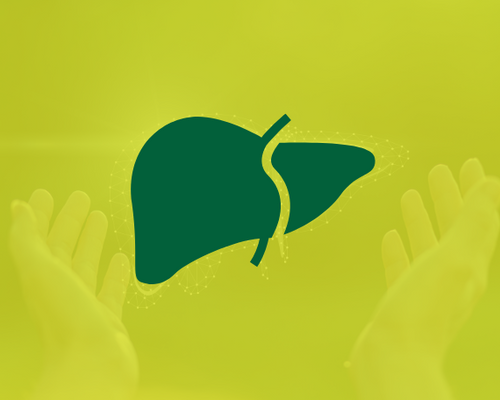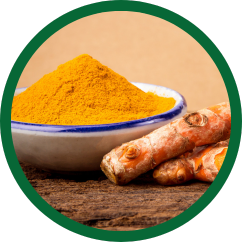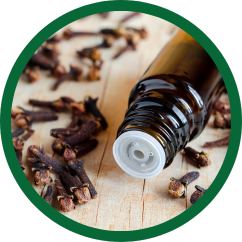Your Cart is Empty
To boost immunity and support liver function.

Liver accumulates very small amount of fat. But if the fat content exceeds 5-10% of the liver's weight then this condition is called fatty liver. Fatty liver increases the risk of metabolic disorder, obesity, type-2 diabetes, high blood pressure and son on.


of Karkuma Immune Plus

Karkuma Immune Plus contains curcumin, a powerful antioxidant. The polyphenolic group in it binds with free radicals (harmful particles) to help reduce oxidative stress in the body. At the same time, it aids in reducing inflammation and pain in the body. Eugenol, an ingredient found in clove, helps reduce inflammation and protects cells from damage caused by oxidative stress.

Karkuma Immune Plus enhances the body's immune system by influencing white blood cells. Ginger essential oil (ginger oil) affects the uncontrolled proliferation of T lymphocytes in white blood cells and plays a beneficial role in preventing autoimmune diseases. The main component of cinnamon, cinnamaldehyde, helps protect the body from free radicals and assists in reducing oxidative stress.

Oxidative stress caused by alcohol, drugs, viral infections, environmental pollution, and food components is considered one of the leading causes of liver damage. Curcumin is widely used as a natural remedy for liver protection. Various scientific studies have shown that curcumin helps protect the liver from oxidative stress by reducing free radicals and supports the improvement of liver function.
Liver disease accounts for two million deaths annually and is responsible for 4% of all deaths); approximately two-thirds of all liver-related deaths occur in men. The most common causes of liver disease are related to viral hepatitis, alcohol, and non-alcoholic fatty liver disease. Non-alcoholic fatty liver disease (NAFLD) has rapidly become the most common liver disease globally. The most recent meta-analysis estimates that the global prevalence for NAFLD is at least 30% among the adult population.


Curcumin the bioactive compound of turmeric is a powerful antioxidant that binds with excess free radicals in the body, enhancing total antioxidant capacity and reducing oxidative stress. This helps boost immunity. Various scientific studies have shown that curcumin protects the liver from oxidative stress-induced damage and supports improved liver function.

Ginger essential oil, known as “The Oil of Empowerment,” plays a beneficial role in managing inflammation, arthritis, fever, colds, and respiratory issues. It influences the uncontrolled proliferation of T lymphocytes in white blood cells, reduces inflammation, and helps prevent autoimmune diseases.

The bioactive compound eugenol in clove helps reduce inflammation in the body by blocking the Nuclear Factor Kappa B (NF-κB) pathway, which regulates inflammation and immune response.

The bioactive compound cinnamaldehyde in cinnamon helps reduce oxidative stress-induced inflammation in the body. It also possesses antibacterial and antifungal properties. Various scientific studies have shown that cinnamon oil helps lower blood fat levels, improve liver function, and reduce insulin resistance.